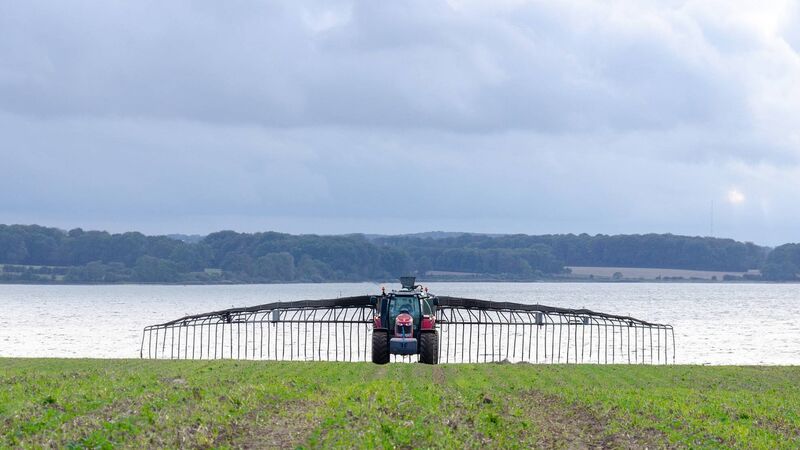Researchers to develop on-farm technology to recover nutrients from slurry

Picture: Harper Adams
A UK research project to remove and recover phosphorus from cattle slurry has been awarded a prestigious research award by the UK government.
The 18-month project, worth almost £250,000, will test technology by Elentec Ltd and Merigan Ltd on the Harper Adams University dairy farm, alongside grass crop trials of the treated slurry using both glasshouse and field experiments.










